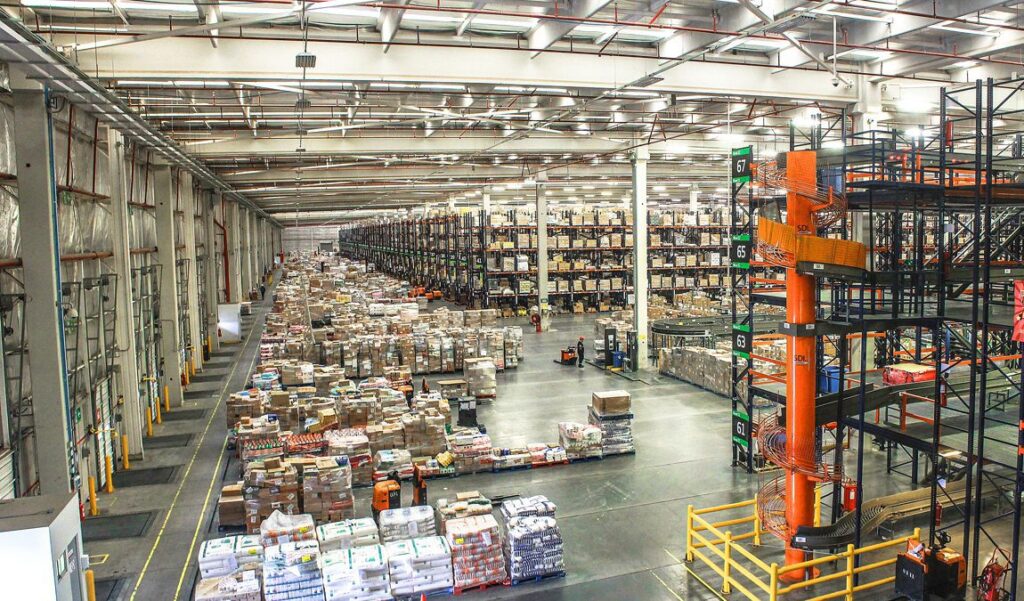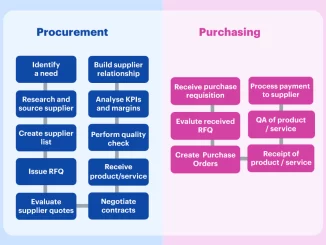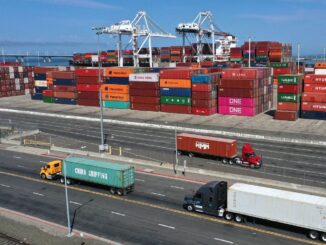The supply chain is much more than negotiating the pricing and purchasing the desired products. There’s an extensive variety of factors that need to be considered and strategized so as to create a powerful and effective supply chain management strategy. A significant segment of the supply chain is commodity management, also known as category management at times. What is commodity management? And what is category management? Are there any key differences between commodity management and category management?
When I was working in the manufacturing industry, a segment of the procurement department is called commodity management. However, when I enter the FMCG industry, it’s known as category management. Though either term is about procuring goods, there’re some key differences.
Commodity Management
During my work for the factory, the procurement department consisted of commodity management and strategic buying. The strategic buying team was in charge of all day-to-day procurement tasks, placing and managing purchasing orders, and dealing with delivery and quality issues. While the commodity management team was more strategic. Each commodity manager was responsible for a specific product, the strategy for buying, supplier selection, price negotiation, sourcing decisions, performance benchmarks, etc. The buying teams were basically executing the strategies defined by the commodity management teams.
Commodity management involves supply market analysis, supplier sourcing, request for quotations, negotiation strategy, supplier relationship management, etc. It also includes the strategic planning of inventory, cash cycle, the movement of raw materials, sub-components, sub-suppliers, and the end-to-end supply chain. However, it doesn’t include the placing order part as well as managing the day-to-day interactions with suppliers. The commodity managers are usually supply-chain experts, and they report to the supply chain organization.
Category Management
When I entered the FMCG industry I quickly realized that retail defined procurement and commodity management in a completely different way. In retail, the term category management is used instead of product management. In a grocery store, the categories could be vegetables, dairy, etc. In a general store, categories could include toys, consumer electronics, etc.
Category managers were responsible for the sales and marketing of the categories they managed. They also managed the entire process of strategic sourcing and purchasing.
Category managers were mostly sales and marketing experts, and they report to the merchant organization, not the supply chain.

What Are the Differences Between Commodity Management and Category Management?
Both commodity management and category management include strategic sourcing activities such as supply market research, identifying qualified suppliers, requesting quotations, negotiating prices, managing contracts, etc. They’re responsible for the performance of their suppliers. However, there’re some key differences setting them apart.
Category managers would be required to report on the sales performance of the products within the category they’re responsible for. The sales performance report would affect future product selection and purchasing decisions. On the other hand, commodity managers would be purchasing the products and services selected by the product development teams.
Category Management was unequivocally aligned with the chief merchant while commodity management on the other hand was aligned with Supply Chain and the Chief Procurement Officer. Category managers are often sales and marketing experts while commodity managers are primarily supply-chain management experts.
Depending on the industry you might have category management or commodity management in your organization. Though there’re similarities and differences between the two terms regarding responsibilities, expertise, capabilities, etc., both of these roles are phenomenal positions that can make or break the success of any business in any industry.



Leave a Reply